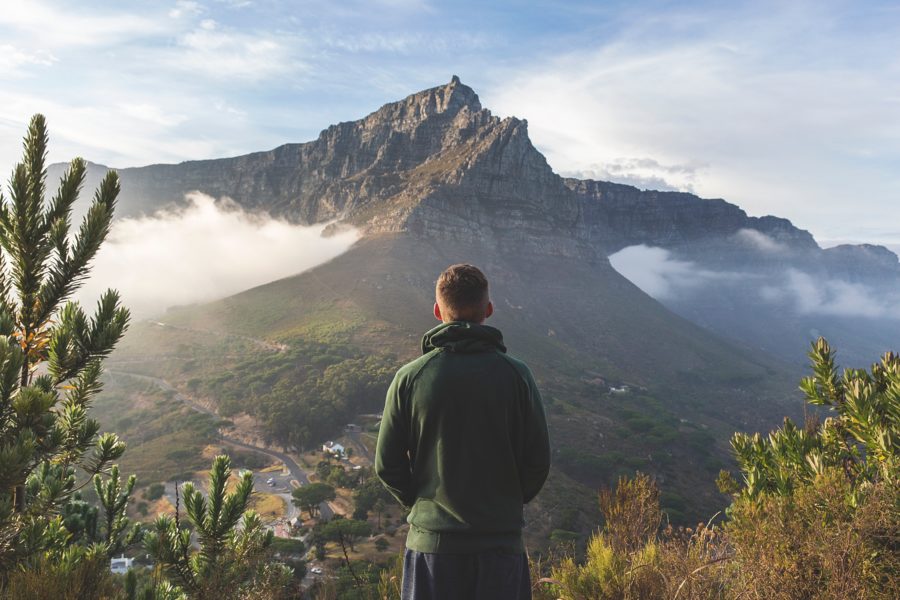
Never Too Late



Happy New Year, Dear Readers!
Today I read a quote from a letter written by a man named Harry Brown. I did a quick search and was able to pull up the entire letter. I hope you enjoy the letter’s theme as much as I did.
from the New York Times
Sometimes he stood 8 feet 2 inches tall. Sometimes he lived in a garbage can. He often cited numbers and letters of the alphabet, and for nearly a half century on “Sesame Street” he was Big Bird and Oscar the Grouch, opening magic doors for children on the secrets of growing up and the gentle arts of friendship.
His name was Caroll Spinney — not that many people would know it — and he was the comfortably anonymous whole-body puppeteer who, since the 1969 inception of the public television show that has nurtured untold millions of children, had portrayed the sweet-natured, canary-yellow giant bird and the misanthropic, furry-green bellyacher in the trash can outside 123 Sesame Street.

I have always related to Garrison Keilor’s humor. My background in rural Ohio was similar to Keilor’s. While the 1950’s didn’t seem to be particularly humorous at the time, they do in retrospect.
Quaint. Endearing. And funny.
The Depression still informed my family’s attitude. And the underlying message was always “things could be worse” no matter how bad they seem in the moment.
Why not take this thought forward into your Thanksgiving Day? Instead of falling down the rabbit hole of some family dynamic, remember things could be worse. Someone ran a stop sign a mile away from your home today. They hit an unsuspecting driver entering the intersection. They didn’t hit you.
Happy Thanksgiving!
Vicki
It worries me that I’m using GPS to guide me around Minneapolis, a city I’ve known since I was a boy on a bicycle, and also that I text my wife from the next room, and when I get up in the morning Siri sometimes asks me, “What’s the matter? You seem a little down. Would you like to hear the Brandenburg Concerto No. 3?” And I say, Leave me alone, I just want to think, and she and I wind up having a conversation about delayed gratification.
This week Krista Tippet’s On Being’s “The Pause” featured an article by Zenju Earthlyn Manuel about life viewed through the lens of death.
Zenju is a Buddhist monk. She is also a lesbian. And she writes about breaking silence:
I don’t write to receive pity or an apology for the hurts imposed upon me. I write to speak up, to acknowledge the devastation wrought among us when a human life is omitted in the midst of humanity and treated as less than a treasure amid life in general.
It seems wise to keep Zenju’s words on the tip of our tongues before we knee-jerk into what is “good” and what is “bad.”
My father was already sixty years old when I was born. So even at a young age, I was aware of death looming over him. Riding around town in his Buick was one of our father-daughter activities. One day, I saw my father go out to the car. I waited, expecting him to call me out to take a ride with him. The minutes ticked by but he had not called me. I decided to go out and check on this ride I was expecting. I peeked into the window of the car he cherished. He was slumped over, unmoving on the seat. Was he dead?
A New York Times Op-Docs 360 video
“Sanctuaries of Silence” takes you on a virtual journey into one of Earth’s last remaining bastions of true quiet — the Hoh Rain Forest, in Washington State. Shooting in beautifully immersive 360 video, directors Adam Loften and Emmanuel Vaughan-Lee follow acoustic ecologist Gordon Hempton as he explores the mossy, green heart of silence. In “Sanctuaries of Silence,” the threat is not so much to a place, as to our very ability to encounter the natural world on its own terms. As Hempton puts it, “Silence isn’t the absence of something, but the presence of everything.”
Copyright © 2013-14 TalkingGrief.com | A Property of Comfort Care Connection